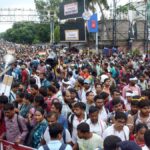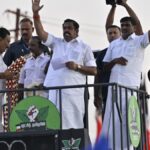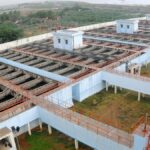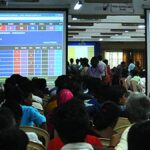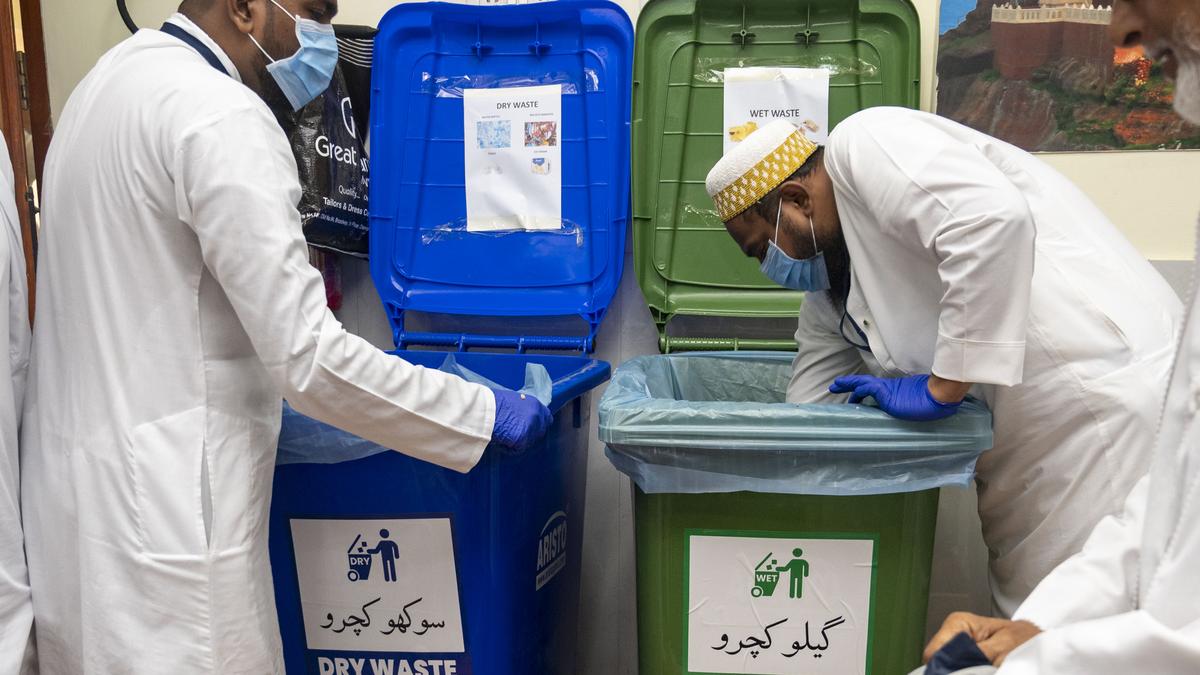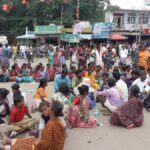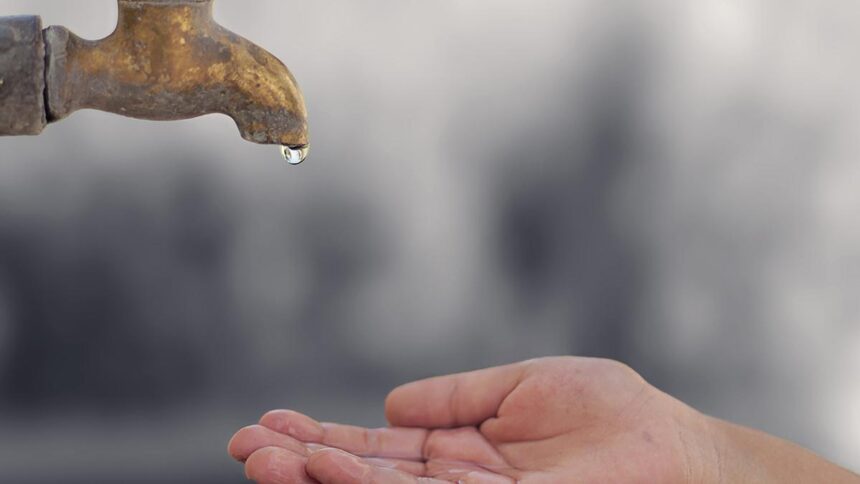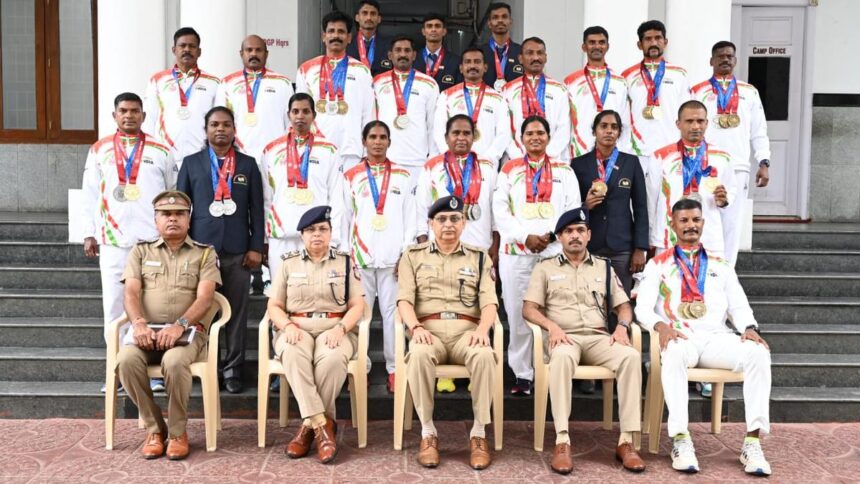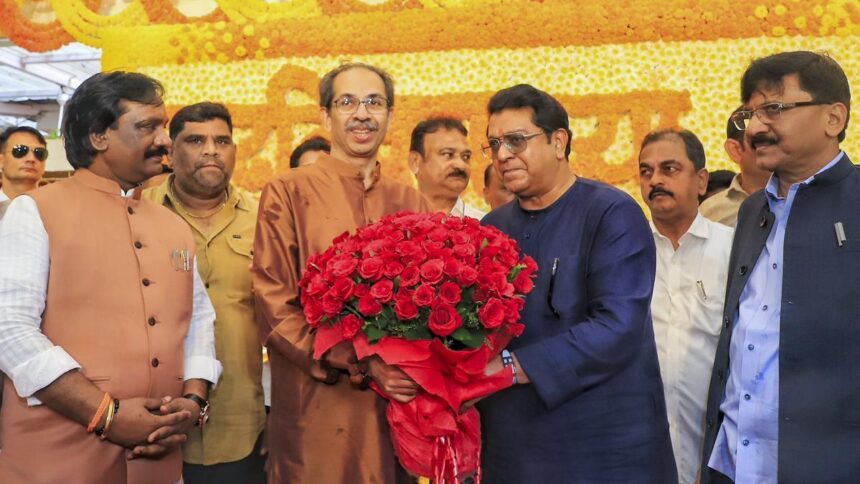
More than 1,000 volunteers and 400 staff were involved in the waste management efforts at the event.
| Photo Credit: Special arrangement
What does it take to feed 43,000 people twice a day for 10 days, without leaving behind mountains of waste? At the Ashara Mubaraka event in the city, the Dawoodi Bohra community took on the challenge head-on and have managed to turn a massive spiritual gathering into an example of environmental stewardship.
Held at the start of the Islamic month of Muharram, Ashara Mubaraka is an occasion marked by sermons and prayers in remembrance of Prophet Muhammed, his grandson Imam Husain, and his companions. This year, the congregation led by Syedna — the leader of the global Dawoodi Bohra community — returned to Chennai after 50 years, drawing tens of thousands of attendees from around the world to mark the occasion.
Murtaza Sadriwala, member of the Dawoodi Bohra community, said an army of volunteers from the “dhana committee” work every day to reduce the event’s environmental footprint. “We promote mindful food consumption and educate attendees about waste segregation. We also try to incorporate ‘My waste, my responsibility’ in every aspect of the Ashara Mubaraka,” he said. The organisers also distributed “sustainable passports” to attendees, which has a pledge to maintain cleanliness, to help them navigate the city easily, save energy, reduce food waste, and use water responsibly.
According to Tasneem Kutubuddin, another member of the Bohra community, close to 1 lakh meals are prepared a day. To manage the waste, the organisers have roped in Earth Recycler Pvt. Ltd. across various zones to handle both wet and dry waste.
Volunteers and staff ensured strict segregation at the source, with eight to 13 waste landing areas set up in each hall, including separate bins for wet and dry waste. Daily waste volumes vary by zone, with wet waste ranging from 230 kg to 1.8 tonnes and dry waste between 1.15 and 2.8 tonnes. The organic waste, mainly leftover food, vegetable peels, and bones, is sent for composting or bagasse processing, while dry waste, such as cartons, PET bottles, and bagasse plates, is sent to specialised recyclers.
As Mohammed Dawood S., operations manager at Earth Recycler Pvt. Ltd., said: “We send cartons for recycling. PET bottles are sent for polystyrene manufacturing, and bagasse plates are used again for manufacturing corrugated boxes.” Leftover uncooked food was redirected to orphanages, minimising edible waste.
Thanks to the efforts of more than 1,000 volunteers and 400 staff, the event is said to have achieved a waste recovery rate of 98%-99%, with only minimal non-recyclables such as soiled paper cups reaching landfills.
Published – July 04, 2025 12:49 am IST




